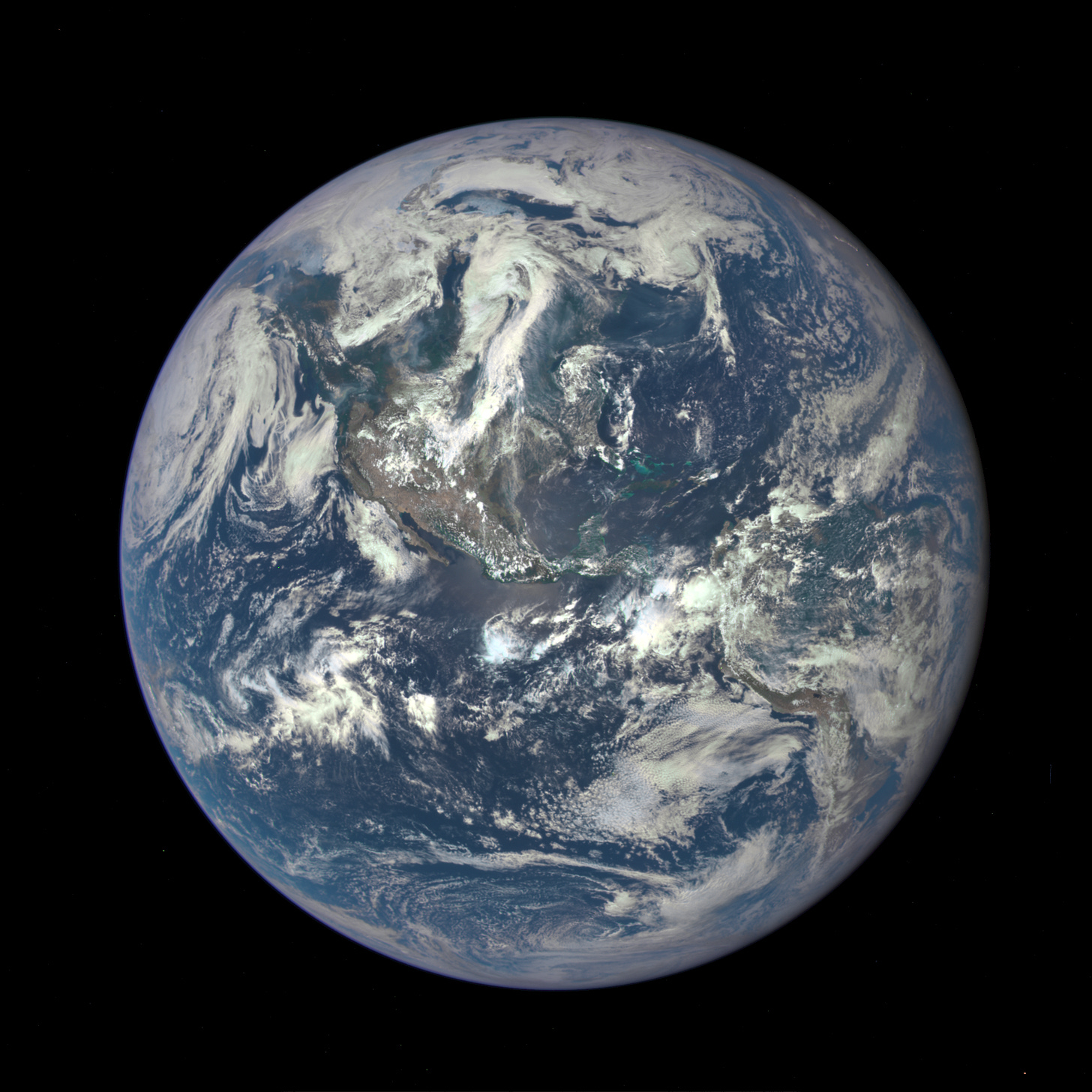Report Warns of Looming Planetary Insolvency
Systemic risks are vastly underestimated, and world could face 50% loss in GDP, mass human mortality and major extinction events at 3°C of global heating.
Current risk management approaches and dominant economic theory vastly underestimate planetary-scale risks facing human society and fail to recognize our dependency on nature. Without an urgent course change, continued environmental degradation and accelerating global heating could result in planetary insolvency, whereby the Earth is no longer able to support human prosperity and catastrophic consequences – from shrinking economic outputs to mass human mortality and major extinction events – are likely.
That is the overarching warning from risk assessment experts and scientists in a recent report title Planetary Solvency – finding our balance with nature. The report, released in mid-January by the Institute and Faculty of Actuaries along with the University of Exeter, finds that under a worst-case scenario with global temperatures rising 3°C or more by 2050, the global economy could see a 50% loss in gross domestic product (GDP) from 2070 to 2090. There could also be over 4 billion human deaths and frequent large-scale mortality events, significant socio-political fragmentation worldwide, and state failure as Earth’s life-support systems collapse and climate breakdown spins out of control.
If that sounds extreme, it is because it is, but alarmingly it is the scenario we appear to be headed toward. Heat-trapping emissions and global temperatures are rising, more intense and frequent extreme weather events are devastating communities around the globe, and yet most politicians and business leaders prioritize short-term profits over the health and security of people and the planet. But such a shortsighted and avaricious leadership approach is dangerous not only for society, but for the economy that operates within the biosphere. The economy does not exist in a vacuum, it exists on planet Earth. But, as the report notes, “our dominant economic model doesn’t recognize a dependence on the Earth system, viewing climate and nature risks as externalities.”
That is a huge problem, and one that is certainly contributing to the systemic crises we are facing.
“You can’t have an economy without a society, and a society needs somewhere to live,” said Sandy Trust, lead author of the report and IoFA Council Member. “Nature is our foundation, providing food, water and air, as well as the raw materials and energy that power our economy. Threats to the stability of this foundation are risks to future human prosperity which we must take action to avoid.”
The report argues that market-based approaches to addressing climate and nature risks have not been working. Instead, an “urgent policy response is required,” one that integrates understanding of systemic risks and that accelerates decarbonization, repairs and restores damaged ecosystems, and builds resilience to unavoidable climate impacts.
The climate crisis, the report says, “is now a matter for human security with populations impacted by fires, floods, food system shocks, water insecurity, heat stress and infectious diseases. If unchecked, then mass mortality, involuntary mass migration, severe economic contraction and conflict become more likely.”
Dismissal of these risks and failure to act on the climate crisis could end up substantially harming the economy, as One Earth Now has previously reported. The Planetary Solvency report further substantiates this concern.
“Widely used but deeply flawed assessments of the economic impact of climate change show a negligible impact on GDP, rendering policymakers blind to the immense risk current policy trajectories place us in,” Trust said. “The risk led methodology, set out in the report, shows a 50% GDP contraction between 2070 and 2090 unless an alternative course is chartered.”
It is of course not just the economy that is threatened, but human health, human lives and human rights as well, not to mention the lives of nonhuman species. Earth is the one planet we all have to call home, and urgent action is needed to mitigate global heating and ecological degradation and to restructure our economy and society to align within planetary boundaries. That is the essential message I try to convey with the title of this publication, One Earth Now. It is a message grounded in science and physical reality, and as a climate and environmental journalist it is my job to communicate this reality, what is happening to our world, clearly and accurately – to speak truth to power, even when that truth is inconvenient or harsh.
As the report warns: “If we continue on our current trajectory, we risk pushing the Earth system into a much less habitable state.”


